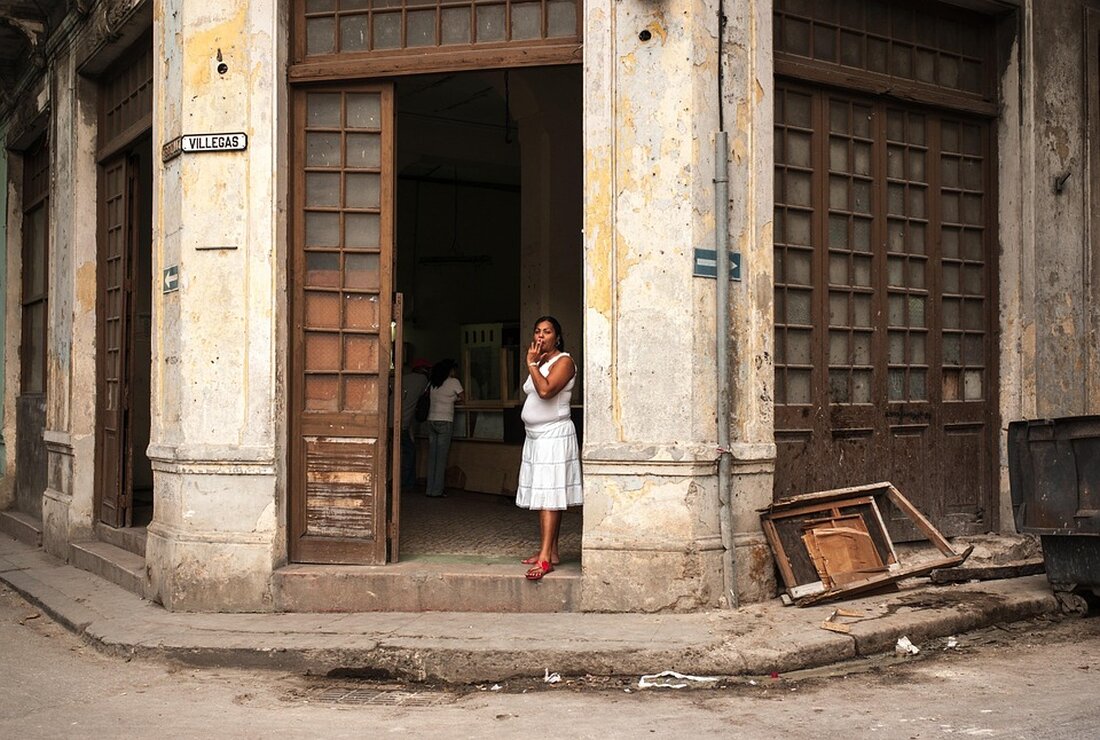Supply crisis in Cuba: oil and food distribution on the brink!
Cuba is facing a supply crisis: oil and food distributions vary regionally. International assistance is requested.

Supply crisis in Cuba: oil and food distribution on the brink!
The distribution of regulated products, which constitute a basic supply in Cuba, shows significant differences between provinces. In Camagüey, oil shipments for June are currently being prepared, while Villa Clara still has open shipments for May. Loud Directory Cubano The sale of over 160 tons of oil in Camaguey will begin in the coming days. Distribution will initially start in the state capital, followed by expansion to other communities.
In terms of food distribution, a partial delivery of rice was made for the month of March, with consumers receiving three pounds each. New arrivals are required to pay off outstanding debts. The inclusion of toilet soap in the storage network could be a further indication of efforts to ensure the population's basic needs. According to the reports, there was also a complex and fragmented delivery situation in Villa Clara, with varying numbers depending on the product type and supplier company.
Supply situation and official measures
However, the supply situation in Cuba is becoming increasingly critical. Frei Betto, a Brazilian liberation theologian, expressed alarm at the current challenges, which he described as the most difficult in a long time. How DW reports, the Cuban government has now asked for support from the UN World Food Program (WFP) to ensure the distribution of subsidized milk to children under the age of seven. This request to the UN represents a historic step, as it is the first time that Cuba has sought assistance in this form.
The WFP, which has been working in Cuba since 1963, has already delivered 144 tons of skimmed milk powder. However, the monthly demand for milk powder in Cuba is around 2,000 tons. Despite new deliveries from Brazil that are intended to secure milk supplies, there are delays and internal supply problems that make access to adequate food difficult.
Financial challenges and planned reforms
The country's financial difficulties are identified as one of the main causes of the current supply shortages. Cuba spends $1.6 billion a year on subsidized food supplies, but the economic situation remains tense. Inflation remains high and the government faces challenges in maintaining basic services through the Libreta (ration book). A comprehensive package of measures for macroeconomic stabilization was announced, which includes, among other things, price increases for gasoline of over 400 percent.
The shift from the basic services model to a system that provides financial support to vulnerable groups suggests that the Cuban government is trying to find pragmatic solutions to ease the burden on the state budget. Despite these challenges, there are glimmers of hope for a recovery in tourism and improvements in the private sector, which could help stabilize supplies in the long term.

 Suche
Suche
 Mein Konto
Mein Konto